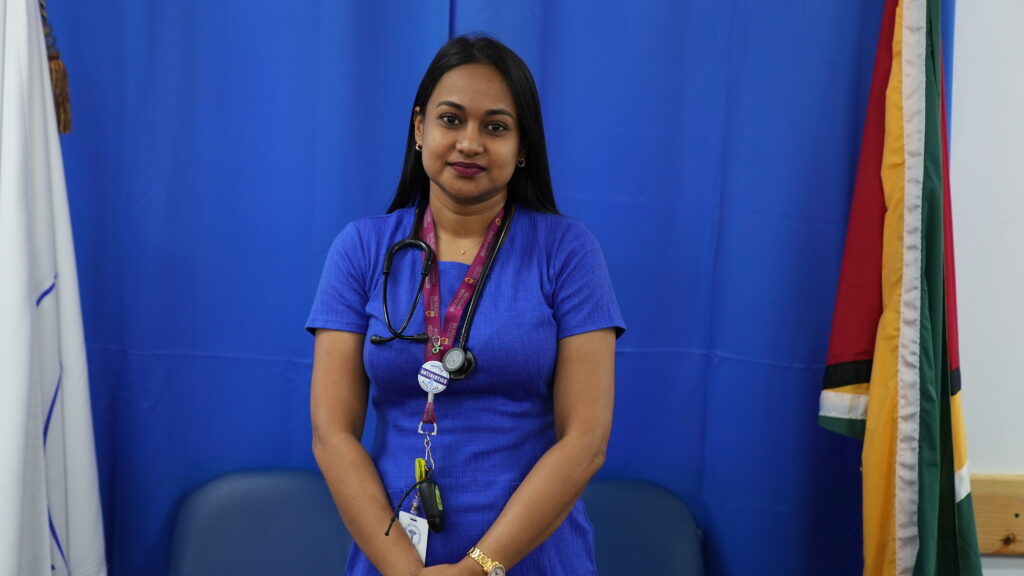Specialist warns against self-medicating to treat dengue
… Unprescribed medication can worsen symptoms
There are more than 300 active dengue cases currently recorded in Guyana and with symptoms similar to the regular flu, Infectious Disease Specialist Dr Shazeema Shaw is encouraging persons to be alert for rashes, abnormal bleeding and heightened fevers.
Dr. Shaw on Thursday explained that the female mosquito that carries the disease are the Aedes Aegyptus and Aedes Albopictus. These infected mosquitoes bite persons, transmitting the virus.
The doctor said that many persons may have symptoms such as headaches, eye aches, joint pains, fevers, sometimes respiratory ailments, abnormal bleeding, and a rash. Because these symptoms can be mistaken for other illnesses, it is important for people to get tested.
“Right now everyone is referring that they have the flu so people are self-medicating at home.
“We are asking persons to seek medical attention because we’ve had increases of dengue. With that being done we can explain the warning signs which are if you are having any signs of bleeding whether it is increased menstrual cycle, bleeding through the nose, any sort of bleeding to immediately seek medical attention,” Dr. Shaw said told the News Room.
Doctors are warning against self-medicating because, without confirmation, persons put themselves at risk of consuming medications that cause further complications.

Dr. Shaw explained that antimicrobial resistance, which occurs when antibiotics are used as treatment but instead cause some bacteria to die and resistant bacteria which survive, eventually multiply. Other medications she warned not to use include ibuprofen and Aleve.
Instead, the doctors will recommend the use of Panadol and Tylenol to treat the fever. Staying hydrated is als encouraged.
But what happens when the test is negative but the symptoms are there? According to Dr Shaw, persons can exhibit symptoms soon after being infected but the test would not be positive until five to seven days after. As such, the doctors will conduct multiple tests to rule out other ailments and then a person can be clinically deemed infected with the dengue virus.
In the past week, there were some 317 positive cases recorded across Guyana. An average of about 80 cases are recorded weekly and the majority of those cases are recorded in Regions Two, Three, Four and Five.
Rapid tests are available across the country and persons can get tested at any health centre that has the tests available as well as the Georgetown Public Hospital.





